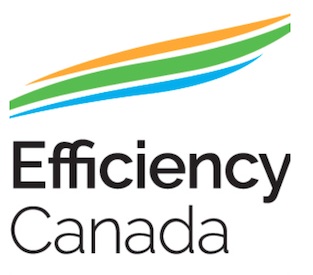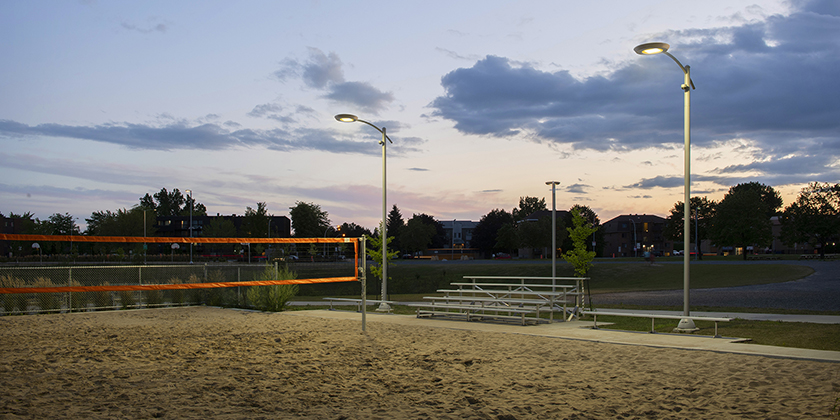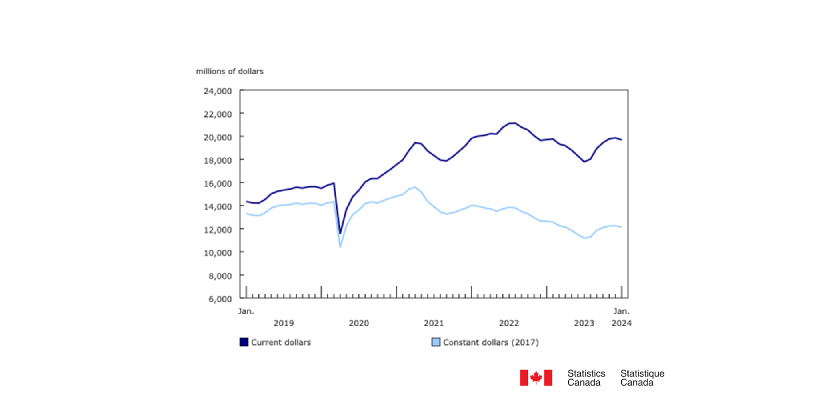New National Organization a Voice for an Energy Efficient Economy

May 7, 2018
May 3 marked the launch date of Efficiency Canada, a brand new organization built on two decades of work by the Canadian Energy Efficiency Alliance (CEEA), which had a long track record in advancing energy efficient solutions.
Part advocacy organization, part think-tank, part data-driven start-up, Efficiency Canada says its goal is to make energy efficiency — through an economic lens — top of mind for policy makers. Efficiency Canada will achieve this by convening people from across Canada’s economy to work together on advancing policies that take full advantage of energy efficiency, and by communicating the best research on building a more productive economy and a sustainable environment.
To this end, Efficiency Canada has already released research conducted in partnership with Clean Energy Canada that shows how saving energy creates jobs, grows the economy, and tackles the issue of climate change.
Conducted by Dunsky Energy Consulting, the research modelled the net economic impacts of energy efficiency measures in the federal government’s Pan-Canadian Framework on Clean Growth.
The pan-Canadian framework features five key efficiency measures, which require participants to:
• adopt a net-zero energy ready model building code by 2030
• develop a model code for existing residential and commercial buildings by 2022
• set new standards for appliances, heating equipment, and other key technologies
• collaborate with Indigenous communities to incorporate energy efficiency into their building renovation programs
• improve industrial energy efficiency through the adoption of energy management systems
Dunsky Energy Consulting’s research concluded that under the framework
• Canada’s GDP would get a 1% boost over the next 14 years, partly from spending on upgrades but mostly from money households and businesses will save on energy over time and reinvest in the local economy
• an average of 118,000 annual jobs would be created between now and 2030, due to economic activity associated with energy efficiency
• households can expect to save $114 a year on average
Find out more about Efficiency Canada: www.efficiencycanada.org










![Guide to the Canadian Electrical Code, Part 1[i], 26th Edition – A Road Map: Section 10 – Grounding and Bonding](https://electricalindustry.ca/wp-content/uploads/2022/11/Guide-CE-Code-2.png)





